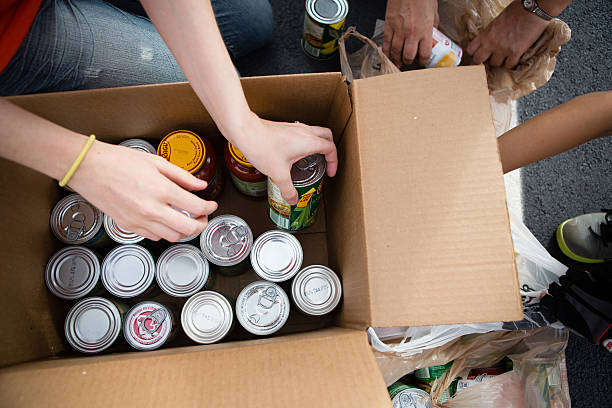By Walker Polivka, Contributing Writer
Winter is that special season each year. Winter contains the freezing cold temperatures, treacherous traveling conditions, and enough flannels to please Bob Vila. Listed below are my five tips to keep yourself safe as you navigate your way through the Winter season.
Take care of your vehicle:
For those of you who drive, your vehicle will be taking the brunt of the bad weather that you encounter. If you prepare your car for the weather and treat it well, it will treat you well and not break down when you need it the most. Several ways to prepare your car for winter is by equipping it with snow tires, leaving the gas tank full so ice can’t form inside, and making sure your anti-freeze levels are up to par. A full list of ways to prepare your car can be found on the Centers for Disease Control (CDC) website.
Prepare an emergency kit:
Whether you break down on the side of the road or lose power at home, it is always handy to have an emergency kit prepared and on hand to assist you until you’re able to get help or regain power. What you put in your emergency kit is entirely up to you, but you should have the following key items: water, non-perishable food items, a flashlight with extra batteries, a First-Aid kit, and extra cash. It’s also prudent to include extra medication if you take any. A full list of things you may want to have in an emergency kit can be found on the American Red Cross website.
Dress in layers:
When it comes to cold weather, the usual t-shirt and shorts won’t quite do the trick in keeping you warm. When it’s cold out, dress in layers. Be sure to wear warm clothing like long pants, sweatshirts, and heavy winter coats. When it’s very cold out, consider wearing toboggans, gloves, and scarves to keep your exposed extremities warm. Frostbite can occur in less than 30 minutes in certain conditions, so don’t take the risk and instead, bundle up.
Keep yourself hydrated:
Staying hydrated is important no matter what time of year it is, but it is even more vital in the winter. According to Dr. Drew Koch of the Ithaca Journal, “During the winter months, sweat evaporates more rapidly in the cold, dry air, and that can result in dehydration. Without the sweat, we’re tricked into thinking we aren’t losing fluids as rapidly as during a hot, summer day. Cooler temperature can also reduce the body’s thirst response. When exercising in cold weather, you may be less likely to drink water voluntarily.” Because of this, be sure to keep yourself hydrated and watch out for the warning signs of dehydration, which include fatigue and extreme thirst.
Prep your house for the wintery weather:
Your home is your safe haven. You keep yourself warm in it and it keeps you safe from the cold weather conditions outside. By getting your home into proper winter weather mode, you’ll be doing yourself and your house a favor in the long run. Some of the main things you can do to prepare your home for winter is making sure your home is well-insulated, installing weatherstrips and storm windows to keep the cold air out, and making sure your furnace is kept in good running order. A full list of ways to prepare your home for winter can be found on the CDC and State Farm websites.
When it comes to the winter months, you are best to take ample precautions and get yourself prepared in case something happens. If you prepare and nothing happens, no harm done. But if you aren’t prepared and something disastrous happens, you’ll be wishing that you took the time to prepare. Stay safe this winter!
Photo Credit: Gabrielle Blanchard












